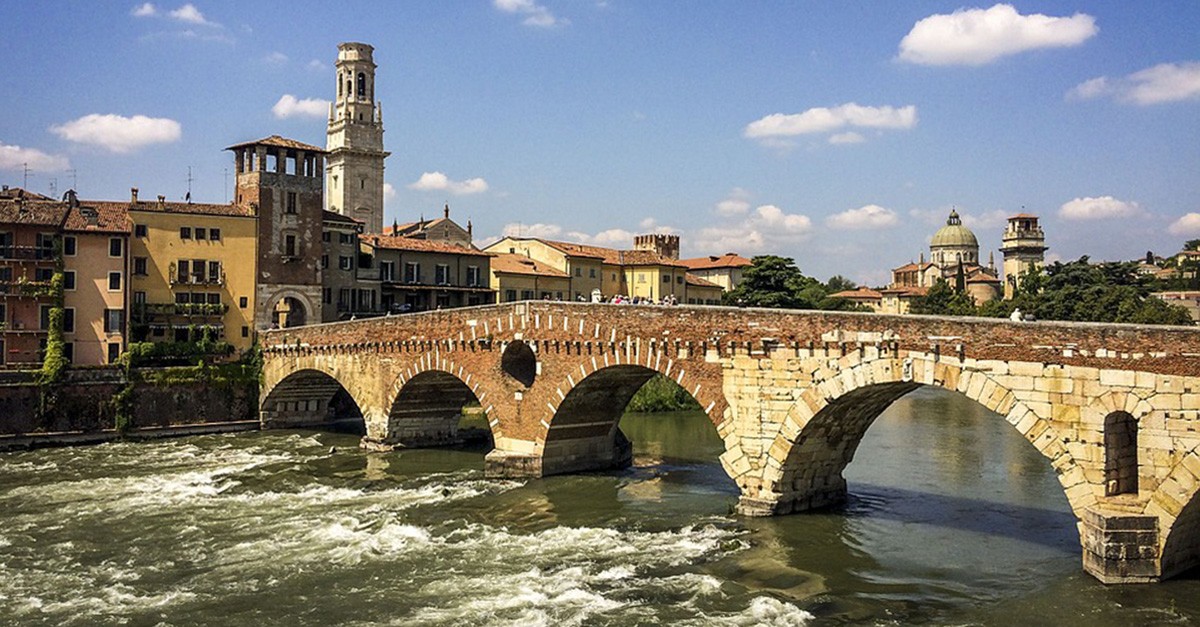
Are you in love with Italy so much you want to be officially Italian? Do you need Italian nationality for work, tax or legal reasons? Are you currently a UK citizen and worried about your status living in the country after Brexit comes into effect? Whatever your reason, becoming an Italian citizen is as easy as uno, due, tre.
You basically have two main options to choose from when thinking about going through this process – Italian citizenship or permanent residency. Each one has its own benefits and drawbacks, so think carefully about which is right for you.
Being an Italian citizen
As Italy is an EU-member state, being a citizen and having an Italian passport will allow you to travel freely and easily anywhere in Europe, never needing a visa to live or work. What’s more, you can even keep your previous nationality and have dual citizenship.
There are three main ways to apply for citizenship in Italy – to have Italian parents, or even grandparents, or to be born there; to marry an Italian; and to live there as a resident for a given number of years.
- Italian heritage or birthright: If one or both of your parents are Italian, or even a grandparent who worked in a public service there, you can get citizenship as long as you can officially prove their identity. Even if your family isn’t of Italian descent, you can apply for citizenship if you were born in the country and lived there until the age of 18.
- Citizenship through marriage: If you marry an Italian citizen and you live in Italy, you can claim citizenship two years after the ceremony. If you and your spouse live elsewhere, it is three years, but the time is halved if you have children together.
- Citizenship based on residency: People from the EU must have lived as a registered resident in Italy for four years to be able to claim Italian nationality this way, and those from the USA or other countries 10 years.
Of course, each of these routes to claiming Italian citizenship has its own cost and you must have all the corresponding documents in order and the paperwork filled in. Even then, applications can typically take anywhere from a few weeks to a year to process thanks to the notoriously complicated bureaucracy in Italy.
Having permanent residency in Italy
If you can prove that you’ve lived as a resident in Italy for at least 5 years, you may apply for that residency to be made indefinite at a post office, police station or other official institution. Like becoming a citizen, you have to take along all the requisite documents like passport, birth certificates and proof of addresses for the last five years, as well as cash to pay for the registration costs.
Permanent residence confers the same rights as citizenship, but can be revoked if you’ve been outside of Europe for more than a year, or out of the country for over 6 years, so if you’re serious about settling down on Italian soil, you may be better off plumping for nationality. Whatever you decide, think carefully, study your options and don’t rush into any decision.